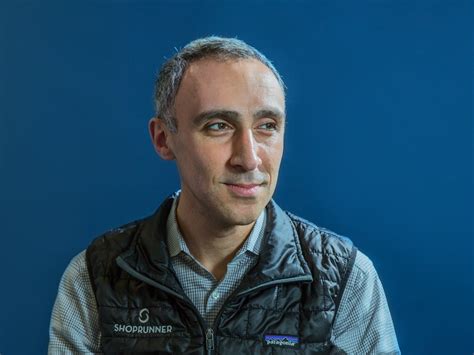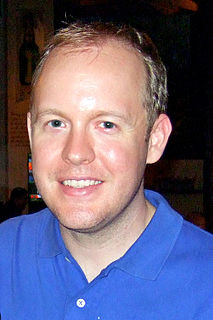A Quote by Rachel Kramer Bussel
I think blogging and the ability to instantaneously respond to news items has changed the way we approach all media. We're seeing people talking back to columnists, and going much further in the sexual realm than most papers, even alternative weeklies, will publish. I'm surprised more papers aren't having people do what you're doing with an online only column, and to be honest, I read almost all the media I do read online, and plenty of other people do, too, so I don't know what's stopping them.
Quote Topics
Ability
Almost
Almost All
Alternative
Approach
Back
Blogging
Changed
Column
Columnists
Doing
Even
Further
Going
Having
Honest
Items
Know
Media
More
Most
Much
News
Online
Only
Other
Papers
People
People Talking
Plenty
Publish
Read
Realm
Respond
Seeing
Sexual
Stopping
Surprised
Talking
Talking Back
Than
Them
Think
To Be Honest
Too
Way
Will
Related Quotes
Unfortunately, there is something of a flaw in this idealized picture of the way the scientific community discovers truth. And the flaw is that most scientific work never gets noticed. Study after study has shown that most scientific papers are read by almost no one, while a small number of papers are read by many people.
The papers that flourish will be papers that serve a national audience. Papers that have figured out how to make the transition to the electronic platform that aren't simply providing a duplicate experience of the words on paper experience, but are doing something that arises organically from the new electronic medium. It's really just a matter of finding the right platforms for the way people want to read newspapers. I mean, maybe it will be the iPhone. But one way or another, newspapers on paper are just not really going to exist to any significant degree within a decade.


































